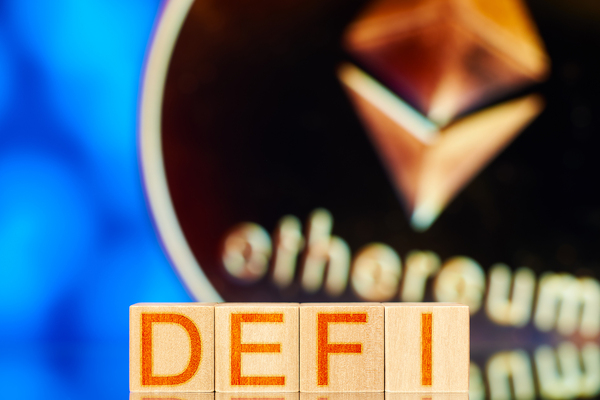
Insurance policies are relatively new phenomena in the digital asset markets. It was only recently that some exchanges have started to provide fund insurance to add an additional layer of security for their customers’ holdings. But what about insurance in the booming DeFi market?
What Is DeFi Insurance?
In the decentralized finance (DeFi) market, insurance may need to play an even more prominent role. Most investors coming from the fiat-based financial system are so used to insurance. Whether it’s the FDIC or a private provider, insurance is a ubiquitous element of the financial world. In order to gain widespread acceptance, DeFi needs to provide a similar sense of security. That’s where DeFi insurance comes in.
DeFi insurance helps to protect investors and providers in the event of a hack or other fraudulent activity.
Developers like Nexus Mutual and CDx provide DeFi insurance solutions designed to provide security for everything from transactions on exchanges to lending on Dharma or Compound.
What’s the Difference between DeFi Insurance and Decentralized Insurance Apps?
DeFi insurance and decentralized insurance apps are often used interchangeably. The two are different only in that “DeFi insurance” may refer specifically to protecting players in the DeFi space.
While DeFi insurance specifically aims to protect financial transactions, investors, and DeFi providers, decentralized insurance apps can provide virtually any type of insurance imaginable. A decentralized insurance app allows people to use the blockchain to create their own insurance products.
People in the Etherisc community, for example, have already used the platform to design insurance products for hurricane protection and flight delays. Of course, a platform like Etherisc can also be used to create DeFi insurance products, and several users have done so.
How Does De-Fi Insurance Work?
 DeFi insurance borrows some of its objectives from the traditional insurance market. It protects people and institutions from financial losses due to fraud, theft, or unanticipated infrastructure failures. The process of obtaining the insurance and getting compensated for an incident may be familiar:
DeFi insurance borrows some of its objectives from the traditional insurance market. It protects people and institutions from financial losses due to fraud, theft, or unanticipated infrastructure failures. The process of obtaining the insurance and getting compensated for an incident may be familiar:
You purchase a policy to cover a specific range of situations. If one of those types of incidents occur and you suffer a financial loss, you inform the insurance company and get compensation.
For example, image an exchange that has DeFi insurance. One day, a DeFi platform gets hacked and funds are compromised. As a result, investors lose a total of $1 million. The insurance company would issue a payment to the exchange platform, who would then reimburse those affected.
Trading DeFi Insurance Swaps
Another legacy finance-emulating tool is the trading of insurance swaps, which are similar to futures. When you trade an insurance swap, you are trading streams of insurance payments.
For instance, if one person is paying 0.004 BTC each month for exchange insurance with a one-year contract, that series of payments can be traded on a market, such as CDx. Someone would purchase them for a set amount, such as 0.035 BTC. If the person with the insurance pays for the entire year, the individual who purchased the swap would make a profit.
How Does a Decentralized Insurance App Work?
A decentralized insurance app, whether it covers the financial arena, flight delays, or something else, uses smart contracts to establish the relationship between the insurance provider and the customer.
Baked into the smart contract are the typical insurance details such as what’s covered and the amount for which the user is insured. But the smart contract infrastructure makes a lot more possible as well. For example, the payment process can also be automated, as can the transfer of the payment to the user’s account or wallet. Thanks to smart contracts, in many cases, an insurance company could bypass much of the claims process, saving time, human resources, and money.
Do You Need DeFi Insurance?
DeFi insurance can provide a valuable hedge if you’re uncomfortable with the amount of risk you assume in the DeFi space. Considering some of the substantial hacks that have impacted the digital asset world, it may make sense to acquire DeFi insurance.
Even though blockchain technology on its own provides a considerable barrier against errors and fraud, paying a little extra each month may be worth the peace of mind it affords you.
Related Articles
- What is Bitcoin? How It Works, in Simple Language and Funny Stories
- Blockchain Investing 101: How to Build Long-Term Wealth in the Digital Asset Markets
- Top 50 Digital Assets, Rated and Reviewed for 2020
To learn more about DeFi and the latest developments in the digital asset markets, subscribe to Bitcoin Market Journal newsletter.

